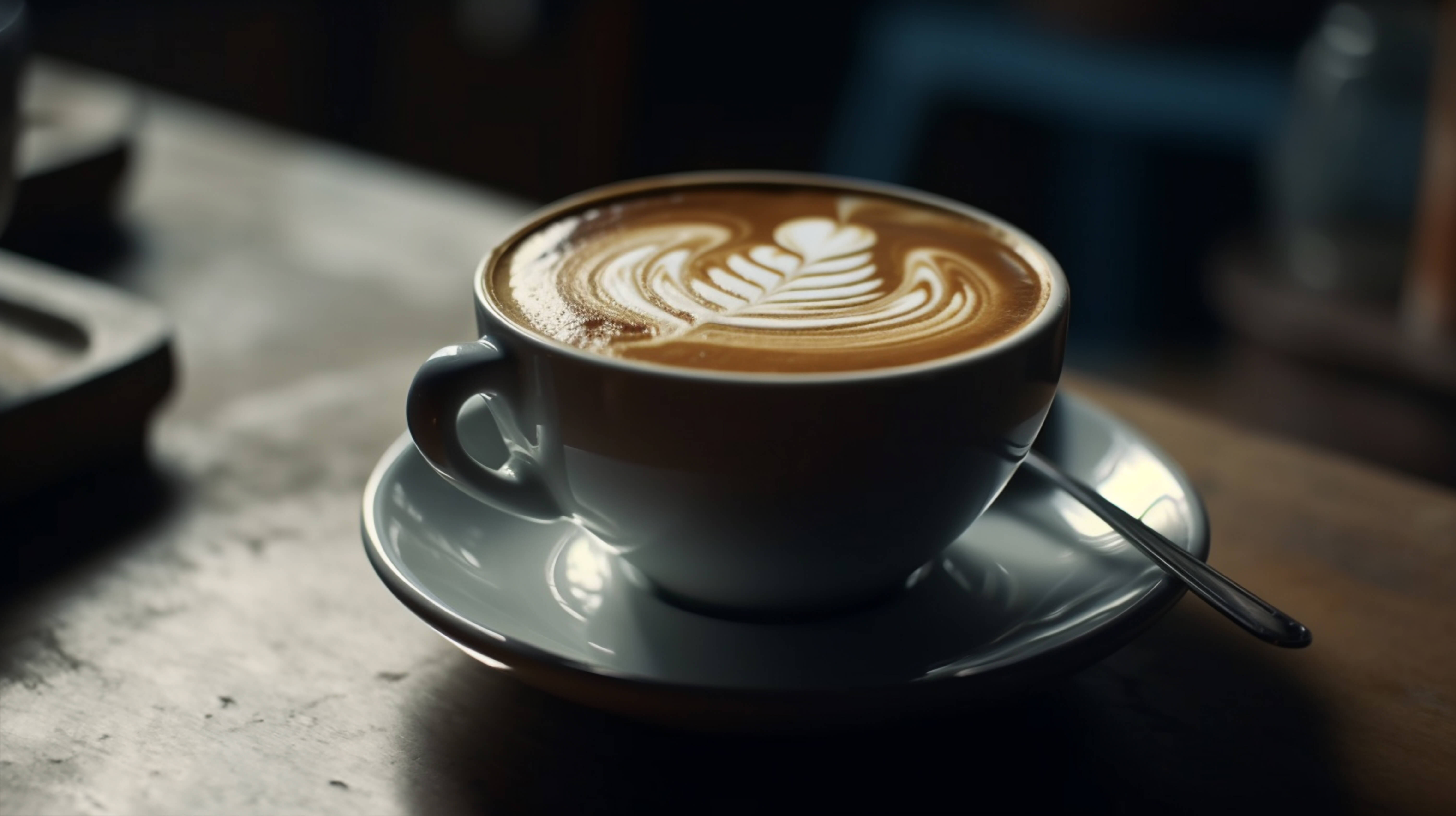
How much caffeine is in decaf coffee?
There are plenty of reasons to love coffee — its rich and sumptuous flavour, the sweet aroma as it brews, the endless different coffee drinks that you can prepare. But, you might not always crave that hit of energy it provides. Some people have a sensitivity to the caffeine in coffee, while others just like to enjoy one in the evening without being kept up at night. In these cases, many of us turn to decaf coffee.
But the question is, does decaf coffee have caffeine? Let’s take a look.
What is decaf coffee?
Decaf coffee is coffee that has been decaffeinated during production by extracting the caffeine from its beans. This typically happens prior to beans being roasted, and most of the flavour compounds in the beans can be preserved if it’s done right. However, roasting decaffeinated beans can be challenging, as most of the beans lose their green colouring, making it difficult to assess their progress during roasting.
When we consume decaf coffee, it has fewer of the effects that we expect from regular, caffeinated coffee. It’s less likely to increase your mental alertness, boost your energy, or keep you awake at night.
That being said, decaf coffee is not entirely caffeine-free.
Why is there caffeine in decaf coffee?
While decaf coffee has gone through the process of decaffeination, it still contains trace amounts of caffeine. This is because it’s almost impossible to completely remove every bit of caffeine from a coffee bean using our current decaffeination techniques.
Traditionally, a decaf coffee bean will undergo several rounds of extraction to draw the caffeine molecules out. However, after each round, the remaining caffeine in the bean depletes and becomes harder to remove.
So, when you purchase ‘decaf’ coffee beans, they certainly contain less caffeine than regular coffee — but the amount isn’t zero. Most people won’t feel its effects, though, because the leftover caffeine is present in such small quantities.
If you’d like to learn more about how coffee beans are decaffeinated, we’ve written in-depth about the different methods of decaffeination in our coffee beans guide.
As a brief overview, there are four main types of decaffeination currently in commercial use. These are:
- The Swiss Water method
- The Carbon Dioxide method
- The Indirect Solvent method
- The Direct Solvent method
How much caffeine is there in decaf coffee?
The average cup of decaf coffee contains between 1 to 7mg of caffeine. But to understand that figure a little better, we should probably compare it to how much caffeine you find in a regular cup of coffee.
Your average cup of joe (~200ml) typically contains between 100 and 130mg of caffeine, though the exact amount depends on a range of factors, such as:
- Brewing method
- Serving size
- Type of coffee bean
- Bean maturity
In terms of how decaf coffee is labelled in the UK, the Food Standards Agency (FSA) stipulates that freeze-dried instant coffee must contain no more than 0.3% caffeine by dry matter weight in order to be marketed as ‘decaf’, while beans and fresh ground coffee can contain no more than 0.1%.
What affects the amount of caffeine in a decaf bean?
There can be some variation in the amount of caffeine found in different types of decaf. For example, because Arabica beans naturally contain lower amounts of caffeine than Robusta, a decaf Arabica tends to have less caffeine in it than a decaf Robusta.
The type of decaffeination used to prepare the bean also affects its caffeine content. While each of the main techniques is effective in significantly lowering a bean’s caffeine content, there is a school of thought that solvent-based methods are the most effective, compared to water or CO2-based decaffeination.
However, in the world of speciality coffee, natural (non-solvent) methods of decaffeination are preferred.
Can everyone drink decaf coffee?
Most people get on fine with decaf coffee — so if you’re sensitive to the caffeine in your regular brew, you might consider switching over.
However, decaf coffee still contains low amounts of caffeine. As a result, individuals who follow caffeine-restricted diets due to medication use or conditions like insomnia and anxiety should consult with a GP before drinking decaf.
It’s also worth bearing in mind that although most of the caffeine has been removed, decaf still contains many of the other compounds found in regular coffee. So, if you suffer from any allergies or sensitivities to coffee in general, decaf may not be a suitable option. Always read the product label and talk to your doctor if you have any concerns.
Can pregnant women drink decaf coffee?
It’s recommended by the NHS that women who are pregnant or breastfeeding
limit their caffeine intake.
As a result, coffee, tea and other highly caffeinated beverages should be avoided.
On the other hand, the general sentiment among medical professionals is that decaf coffee is fine for pregnant women to drink in moderation. While decaf contains a small amount of caffeine, medical advice permits pregnant women to consume
up to 200mg
of caffeine a day from all sources.
However you like to enjoy your coffee, Beans Coffee Club can help. Take our
coffee quiz
and tell us all about your preferences, then we’ll send fresh coffee straight to your door however frequently you’d like us to.



